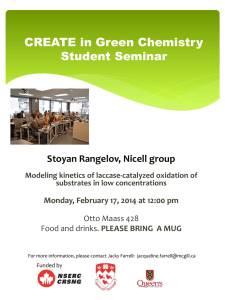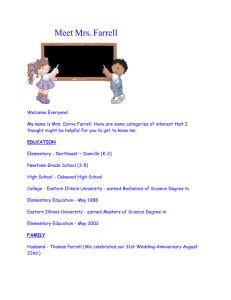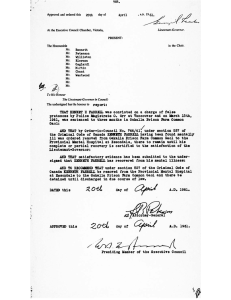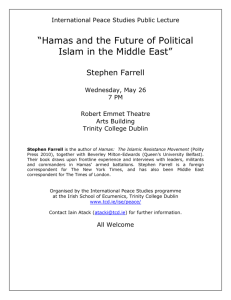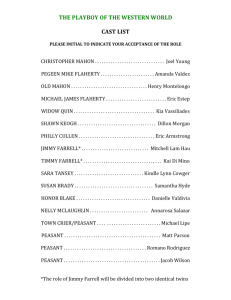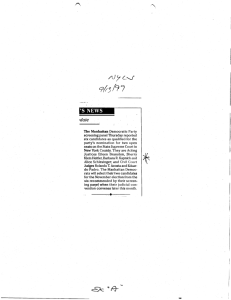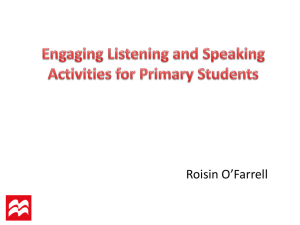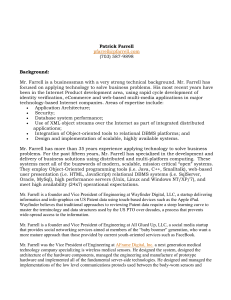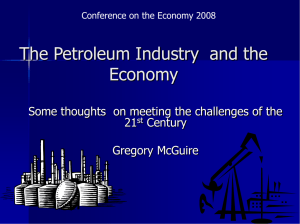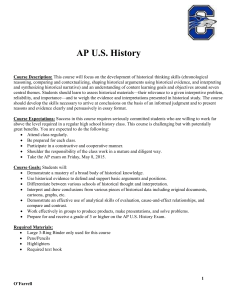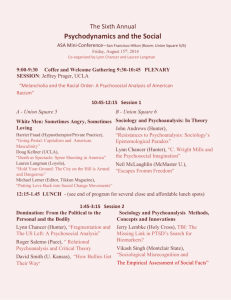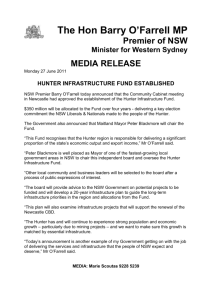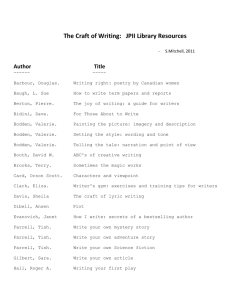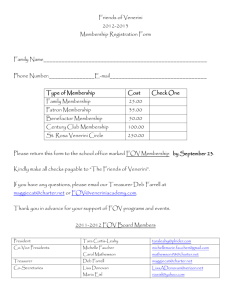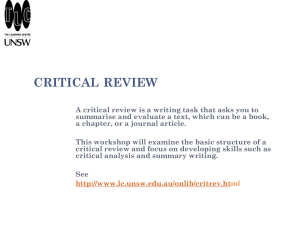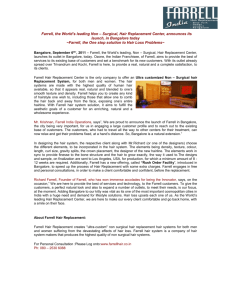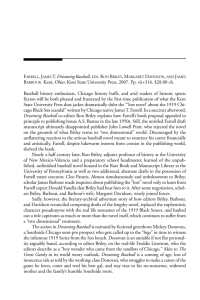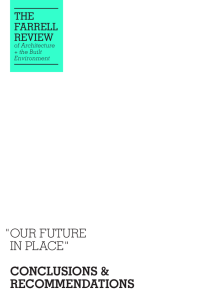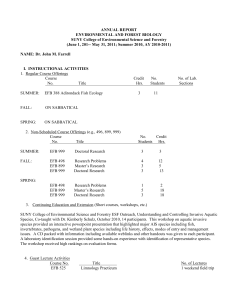Media Release
advertisement
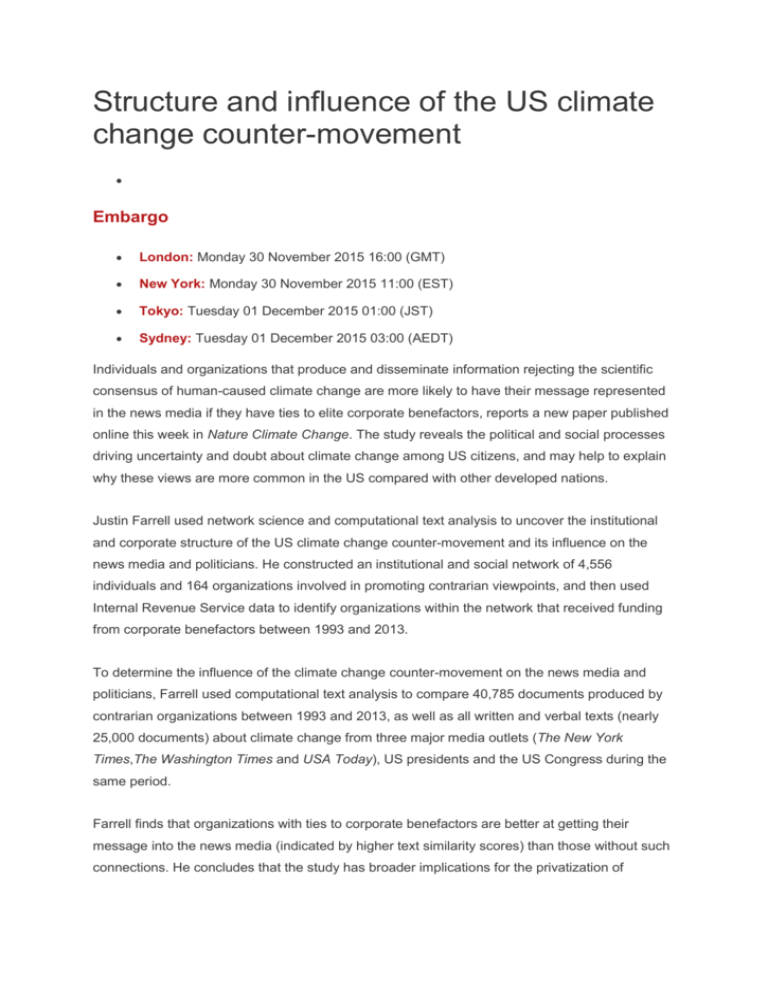
Structure and influence of the US climate change counter-movement Embargo London: Monday 30 November 2015 16:00 (GMT) New York: Monday 30 November 2015 11:00 (EST) Tokyo: Tuesday 01 December 2015 01:00 (JST) Sydney: Tuesday 01 December 2015 03:00 (AEDT) Individuals and organizations that produce and disseminate information rejecting the scientific consensus of human-caused climate change are more likely to have their message represented in the news media if they have ties to elite corporate benefactors, reports a new paper published online this week in Nature Climate Change. The study reveals the political and social processes driving uncertainty and doubt about climate change among US citizens, and may help to explain why these views are more common in the US compared with other developed nations. Justin Farrell used network science and computational text analysis to uncover the institutional and corporate structure of the US climate change counter-movement and its influence on the news media and politicians. He constructed an institutional and social network of 4,556 individuals and 164 organizations involved in promoting contrarian viewpoints, and then used Internal Revenue Service data to identify organizations within the network that received funding from corporate benefactors between 1993 and 2013. To determine the influence of the climate change counter-movement on the news media and politicians, Farrell used computational text analysis to compare 40,785 documents produced by contrarian organizations between 1993 and 2013, as well as all written and verbal texts (nearly 25,000 documents) about climate change from three major media outlets (The New York Times,The Washington Times and USA Today), US presidents and the US Congress during the same period. Farrell finds that organizations with ties to corporate benefactors are better at getting their message into the news media (indicated by higher text similarity scores) than those without such connections. He concludes that the study has broader implications for the privatization of science, the influence of corporate lobbying around scientific issues and, by extension, the increasing concentration of corporate wealth in the US. Article and author details 1. Network structure and influence of the climate change countermovement Corresponding Author Justin Farrell Yale University, New Haven, Connecticut, United States Email: justin.farrell@yale.edu, Tel: +1 203 436 8224 DOI 10.1038/nclimate2875 Online paper* http://nature.com/articles/doi:10.1038/nclimate2875 * Please link to the article in online versions of your report (the URL will go live after the embargo ends). Geographical listings of authors United States
